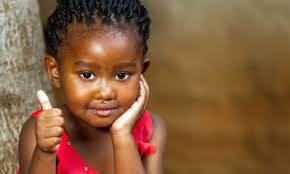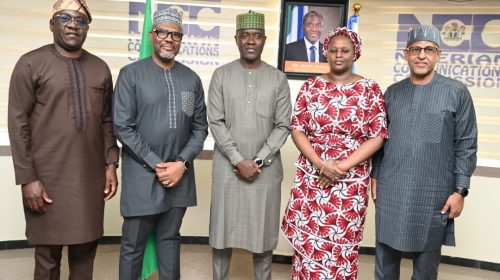The Nigerian Girl: An Investment to the Nation

By Ngozi Onyeakusi — Development Communications Network joins the world to celebrate and support the push for positive change for the future of girls.
Since 2012 the United Nations set aside 11th October of every year to celebrate the girl child, using the day to promote girls empowerment and fight for the right of the girl-child. The day was also to tackle issues relating to child marriage, education inequality, gender-based violence, among others as they affect the girl-child.
These formed the crux of deliberations at the Fourth World Conference on Women, held in Beijing, China 25 years ago. The conference, with about 30,000 women and men from nearly 200 countries recognized the rights of women and girls as human rights. A major outcome of that conference was the adoption of the Beijing Declaration and Platform for Action: the most comprehensive policy agenda for the empowerment of women.
As the world celebrates two and a half decades of coming together to tackle issues regarding women, we add our voice to every effort aimed at finding solutions and eliminating all harmful practices against the girl-child.
The girl-child is one of the most vulnerable when it comes to sexual violence, harassment and assault, especially in the home and school environment. This is most exemplified by the recent BBC investigative report on sexual harassment in universities across Nigeria and Ghana https://www.bbc.co.uk/programmes/w172wn2wpdlq3hf. The content of the report calls for some decisive actions to protect female undergraduates and girls in schools.
“We support all girls to amplify their voices and stand up for their rights,” says Akin Jimoh, Programme Director, Development Communications Network.
“Although, over the years there have been improvements in the projects around empowering the girl child, Nigeria still has a long way to go in the protection of the girl-child. Parents are still giving out their daughters for marriage at very tender ages, while many of them are still cut off from basic provisions like free and quality education, health care services and others,” Jimoh added.
In other climes, girls’ voices are being heard and recognized. They are speaking up for themselves leading to a reduction in cases of child marriages. In line with the UN’s mandate, we, at all levels, must support the girl child, encourage them to stay in school and pursue their dreams by giving them access to platforms as well as expanded access to safe, youth-friendly services for their health and wellbeing.
By so doing, Nigeria could an end child marriage, female genital mutilation and all forms of practices that violates the rights of the girl-child.
This would require a concerted effort, as the Nigerian girl-child is in dire need of empowerment, financially independence, free quality education and skills acquisition to make them reach their full potentials without fear of intimidation.
Development Communications Network is a media support organization with resources to help journalists in reporting science, public health and social sector issues.







Leave a Reply